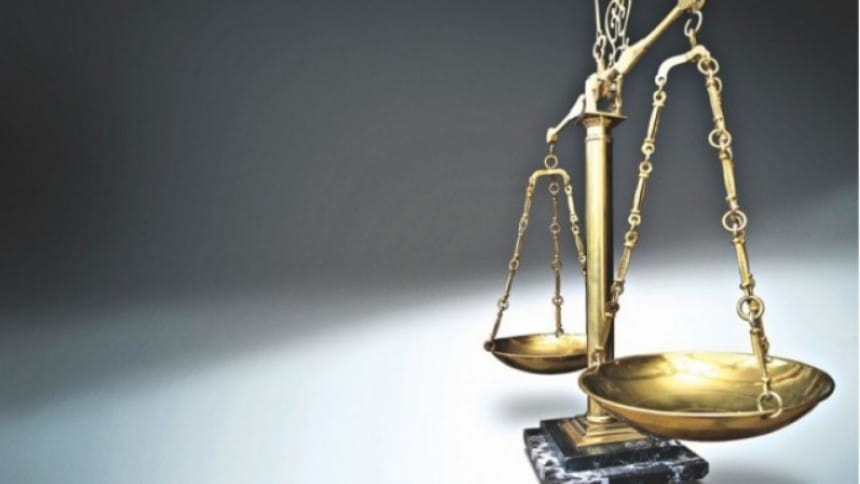Proposal to improve the current state of recording confessional statement

In our criminal legal framework, confession is a valuable piece of evidence. Many death sentences have been awarded solely based on confession. This can be defined as a statement made voluntarily by a person charged with a crime, stating or suggesting an inference that he committed the crime. Section 164 of the Code of Criminal Procedure (CrPC) bestows the power upon Magistrates to record confession and section 364 specifies the procedure. A confession is evidence against its maker unless its admissibility is excluded by provisions embodied in the Evidence Act 1872. The 1872 Act makes confessions irrelevant in a criminal proceeding when it appears to be obtained by inducement, threat, or promise.
Article 35(4) of the Constitution protects each individual from being compelled to act on self-incrimination. Article 35(5) strictly prohibits torture or cruel, inhuman, or degrading punishment or treatment in any circumstance. Confession is an exception to the general rule embraced in the Constitution. The objective of the law is to make sure confession is given voluntarily out of guilt and as repentance.
Despite having good protection in the law, allegations of custodial torture are rampant. When we raised the issue of forceful extraction of confession from a minor before the Supreme Court, it had commented forcing a confessional statement out of the accused was unfortunate for the country.
Dhaka Metropolitan Sessions Court convicted five police personnel for killing 'Jony' in custody under the Torture and Custodial Death (Prevention) Act, 2013. The boy died in consequence of tragic custodial torture that created uproar throughout the country. According to a report of Ain o Salish Kendra (ASK), 1,474 incidents of custodial deaths took place from January 2016 to July 2021.
In BLAST v Bangladesh 69 DLR (AD) 63, the Supreme Court addressed the issue of unlawful arrest, remand and custodial torture in detail. The Apex Court gave directions to prevent the same. The Court tried to check abuse of the statutory power conferred on police.
The Court in the case directed the law enforcing officer, to take the arrested person to the nearest hospital for treatment and to obtain a certificate from the doctor if he finds any marks of injury on the person arrested. The officer shall record the reasons for such injuries. The Court also directed the Magistrate that if there is information to him that a person has been subjected to torture, he shall refer the victim to the nearest doctor. If the medical evidence reveals that the person detained has been tortured, the Magistrate shall take cognizance of the offence suo-moto under section 190(1)(c) of the CrPC without awaiting the filing of a case.
The United Nations Committee Against Torture (CAT) in its 'Concluding observations on the initial report of Bangladesh, 2019' expressed concern over the information it had received alleging the widespread and routine commission of torture and ill-treatment in the country by law enforcement officials to obtain confessions.
The nature of the process of recording confession is very sensitive. There is a thin line between protection of fundamental rights and their encroachment. Considering the sensitivity of the issue, countries including the USA, Australia, Netherlands, South Korea, European Union countries recognise the presence of counsel in the course of the interrogation to ensure the accused is not subjected to any maltreatment. In 2009, India amended section 164 of its CrPC and inserted provisions to empower Magistrates to record confessions by audio-video electronic means and in the presence of the advocate of the person accused.
In our Constitution, we have a fundamental right to be defended by a lawyer. Interrogation in presence of a lawyer is a worldwide recognised practice. We can introduce the provision of lawyers' presence, at least, at the time of recording confession, so that the accused may be made aware of the gravity of the confession he is making. Recording confession in audio-video electronic means may be added to ensure the legal requirements for future reference. Sooner or later, we have to introduce similar provisions in our law to protect the fundamental rights of our citizens.
The writer is an advocate, supreme court of bangladesh.

 For all latest news, follow The Daily Star's Google News channel.
For all latest news, follow The Daily Star's Google News channel. 



Comments